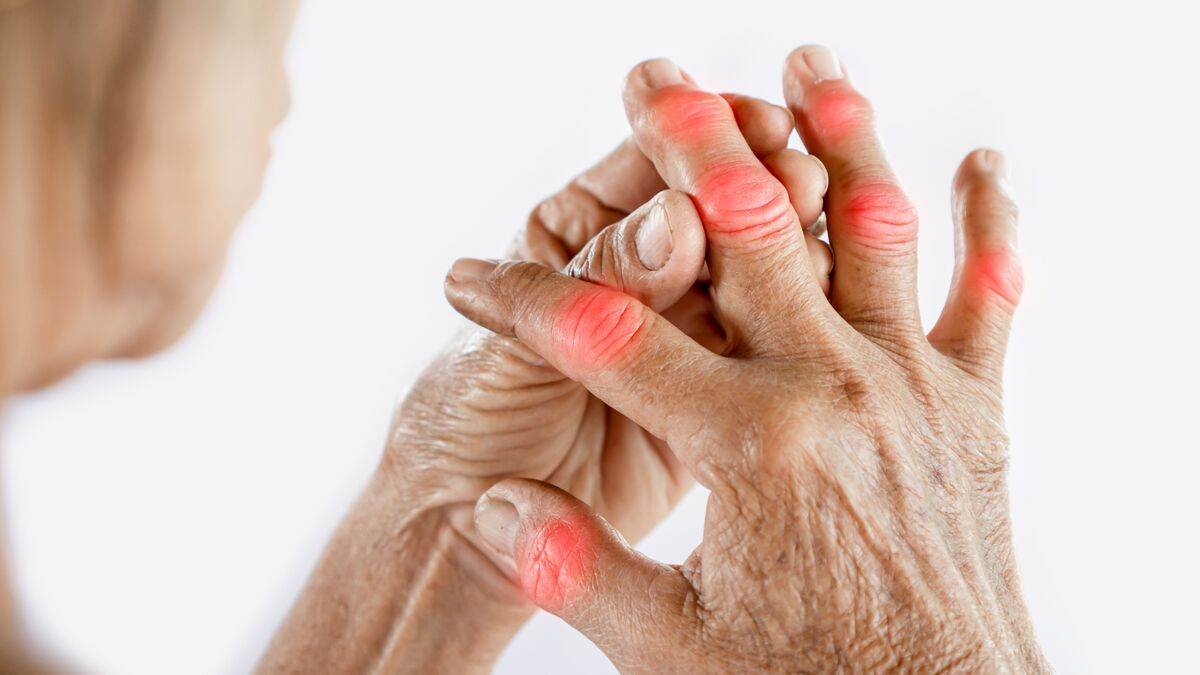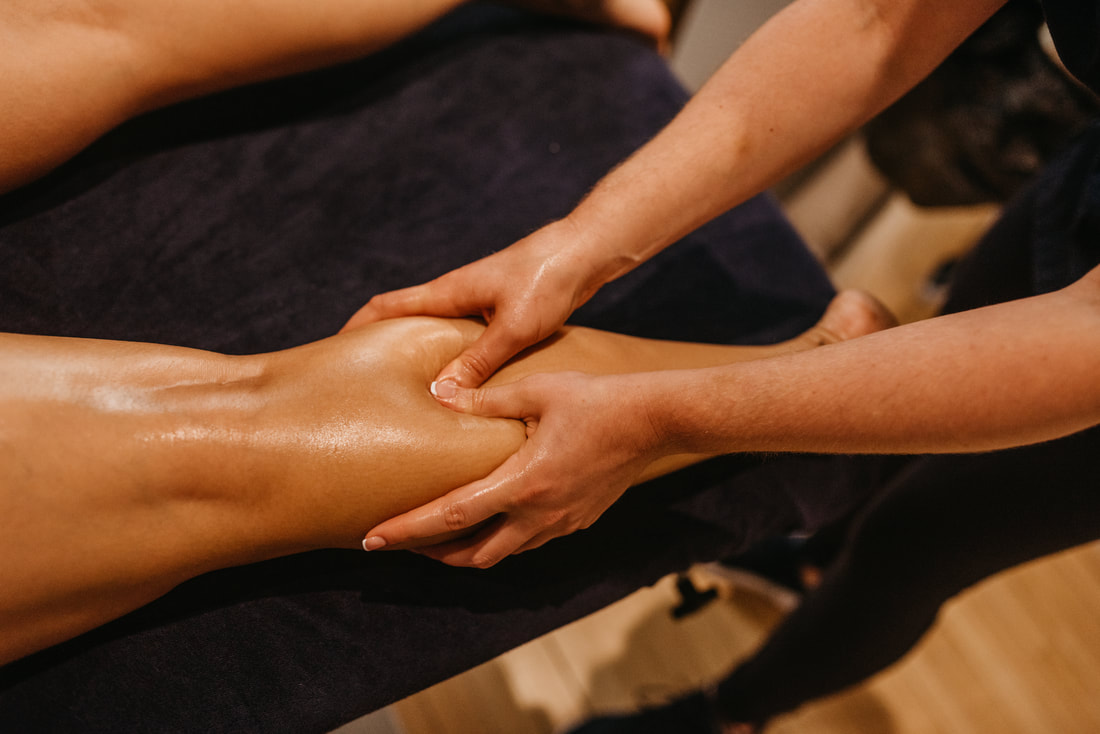
Massage therapy is a holistic approach that targets various systems within the body to promote relaxation, healing, and overall well-being. Through skillful manipulation of soft tissues, muscles, tendons, and ligaments, massage aims to alleviate tension and improve circulation. Techniques such as effleurage, kneading, and tapping directly impact the musculoskeletal system. By applying pressure and movement, massages can release knots, reduce muscle tightness, and enhance flexibility, providing relief from physical discomfort caused by stress, injury, or poor posture.

Moreover, massages influence the nervous system by triggering the release of endorphins, the body’s natural painkillers. This neurochemical response not only reduces pain perception but also induces a sense of calmness and relaxation. Through techniques like gentle stroking or rhythmic tapping, massages stimulate nerve endings, helping to alleviate nerve compression or entrapment issues, thereby enhancing nerve function.
Beyond the physical aspects, massage also addresses emotional and mental well-being by reducing stress and anxiety. The soothing touch and rhythmic movements during a massage activate the parasympathetic nervous system, promoting relaxation and reducing the production of stress hormones like cortisol. This holistic approach to healing fosters a profound connection between the body and mind, often resulting in improved mood, mental clarity, and a sense of balance.



